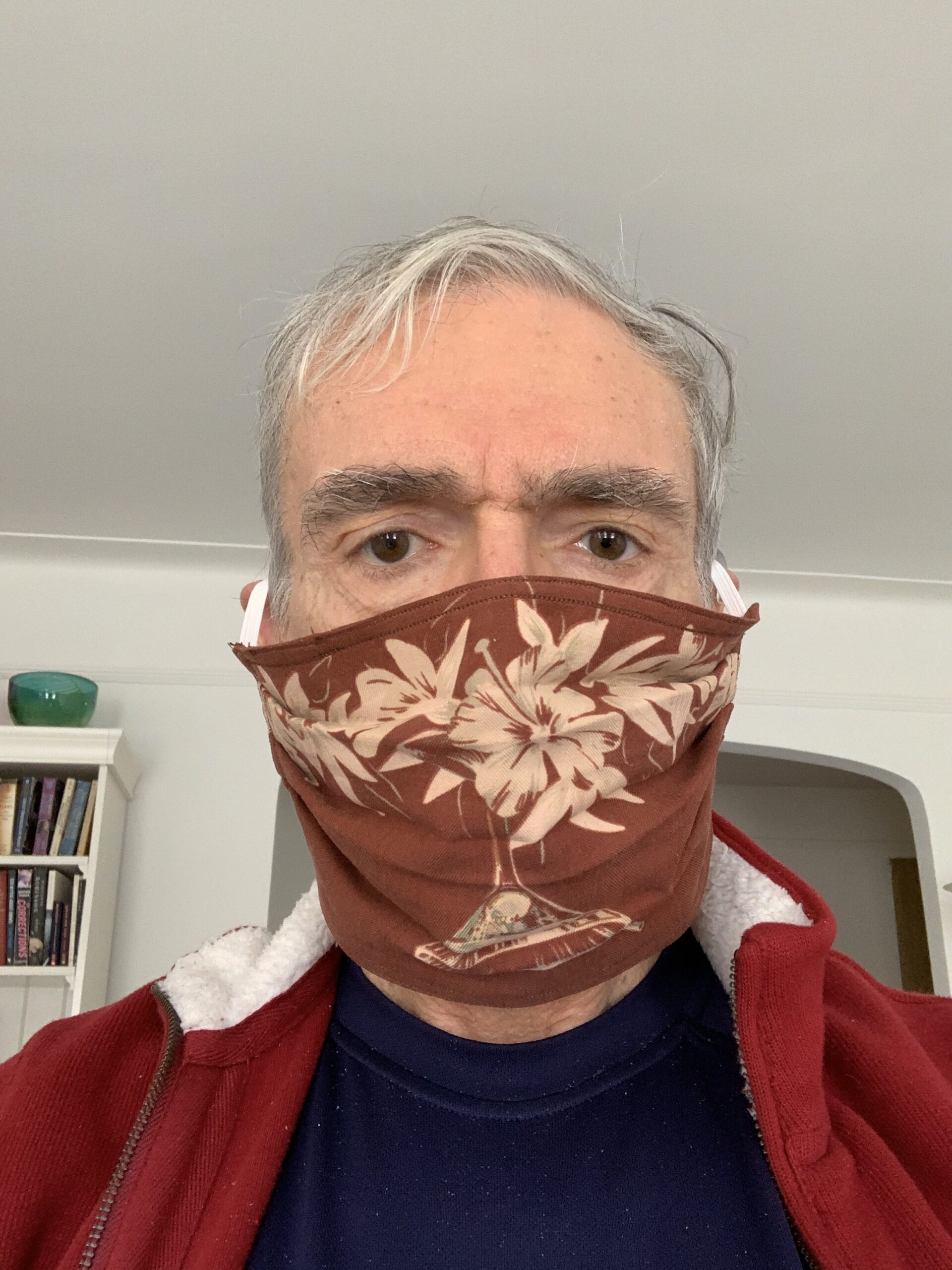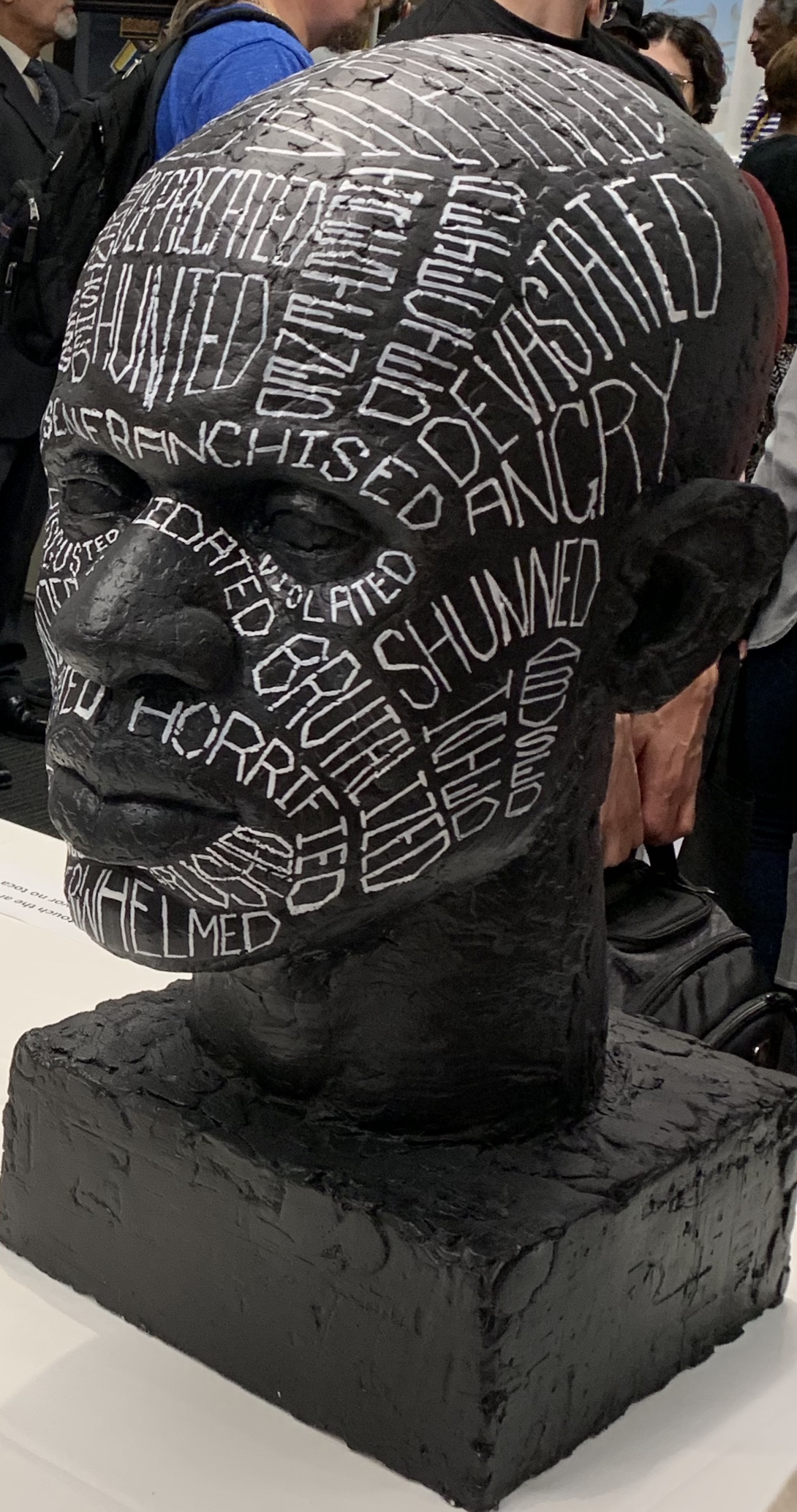
As a pastor, I knew that the Christmas Eve candle-lighting service was probably the most important religious experience many congregation members would have all year. One proof was a bride who insisted she wanted a candlelighting service at her wedding. I explained to her that it would have a different impact on a July afternoon than on Christmas Eve. She insisted. I could tell by the look on her face, as the candles were barely visible in the sunlight, that I had been right.
But, on one of the longest, darkest nights of the year, lighting those candles does pack an emotional and, yes, spiritual wallop. It still moved me, as tired and frazzled as I usually was by the time the organist began to play “Silent Night” around 11:40 PM.
The symbolism is obvious: a single candle lights another candle and those two candles light two more and the four light four more, and by the time we were singing:
Radiant beams from Thy holy face
With the dawn of redeeming grace
Jesus, Lord at they birth!
the dark sanctuary was bathed in a beautiful warm light. Yes, once again, we see that “The light shines in the darkness, and the darkness has not overcome it.” (John 1:5)
I got up early this Christmas morning and reread a journal entry from a few years ago in which I recorded the words of St. Symeon the New Theologian (if you can call someone who lived 1,000 years ago “new”), who had another perspective on the lighting of one candle by another:
Just as if you lit a flame from a flame,
it is the whole flame you receive.
It caused me to look at this sad old world differently this Christmas morning, guided by St. Symeon and Fred Rogers, who told parents that when there is news of wars and disasters, they should teach children to “look for the helpers.”
Where are they?
They are the people who, Jesus says, not only do the works that he does but will “do greater things than these.” (John 14:12)
For example, the gospels tell us about the dozens, perhaps hundreds, of people that Jesus healed. Every day, millions of people heal millions more in our world because the healers believe in life, which I believe is the same as believing in the One who called himself “Life” (John 14:6).
Jesus is said to have fed “five thousand, not counting women and children.” Yesterday, our pastor said that our church’s hunger program serves almost that many meals weekly, and we are just one of hundreds of programs in New York City. There must be millions around the world, from the small churches that serve a meal once a month to the UN trucks trying to get into Gaza. It is still not enough, but the number grows every year.
Jesus welcomed into his fellowship people that others rejected. I understood early that every church, no matter how small, always has at least one person whom one of my colleagues called a “humdinger” — someone who was difficult to love. Yet, the congregation did, in fact, love that person. If you go to church, you can name that humdinger. And even if you don’t, I am sure that someone in your circle of friends and family is difficult to love, but you include that person anyway. And, if you are like me, there are days when you are the humdinger. And I believe that anyone who welcomes a humdinger welcomes Christ. As Mother Teresa used to say, “Jesus wears distressing disguises.”
I know that our world is torn apart by war. Millions are being forced out of their homelands by hunger, violence, and extreme poverty only to be met by walls built by people who have not yet been forced out of their homes. I know (too well) that cancer still kills people before their time, and new diseases appear without warning. I believe my own eyes, so I see the climate changing in real time. There is so much to be discouraged about.
But, if I look for the helpers, the people who have caught fire from Jesus — or have the same fire that Jesus had whether they call themselves Christians or not, I do not despair. They are not “little Christ,” which is what the word “Christian” means. They burn with the whole flame and fill this world with a soft, warm light if only we would look for it today.










